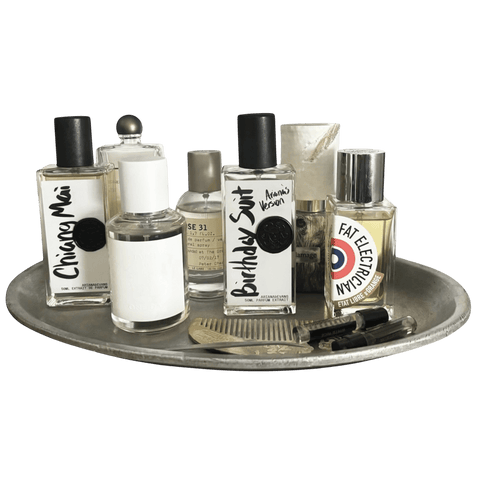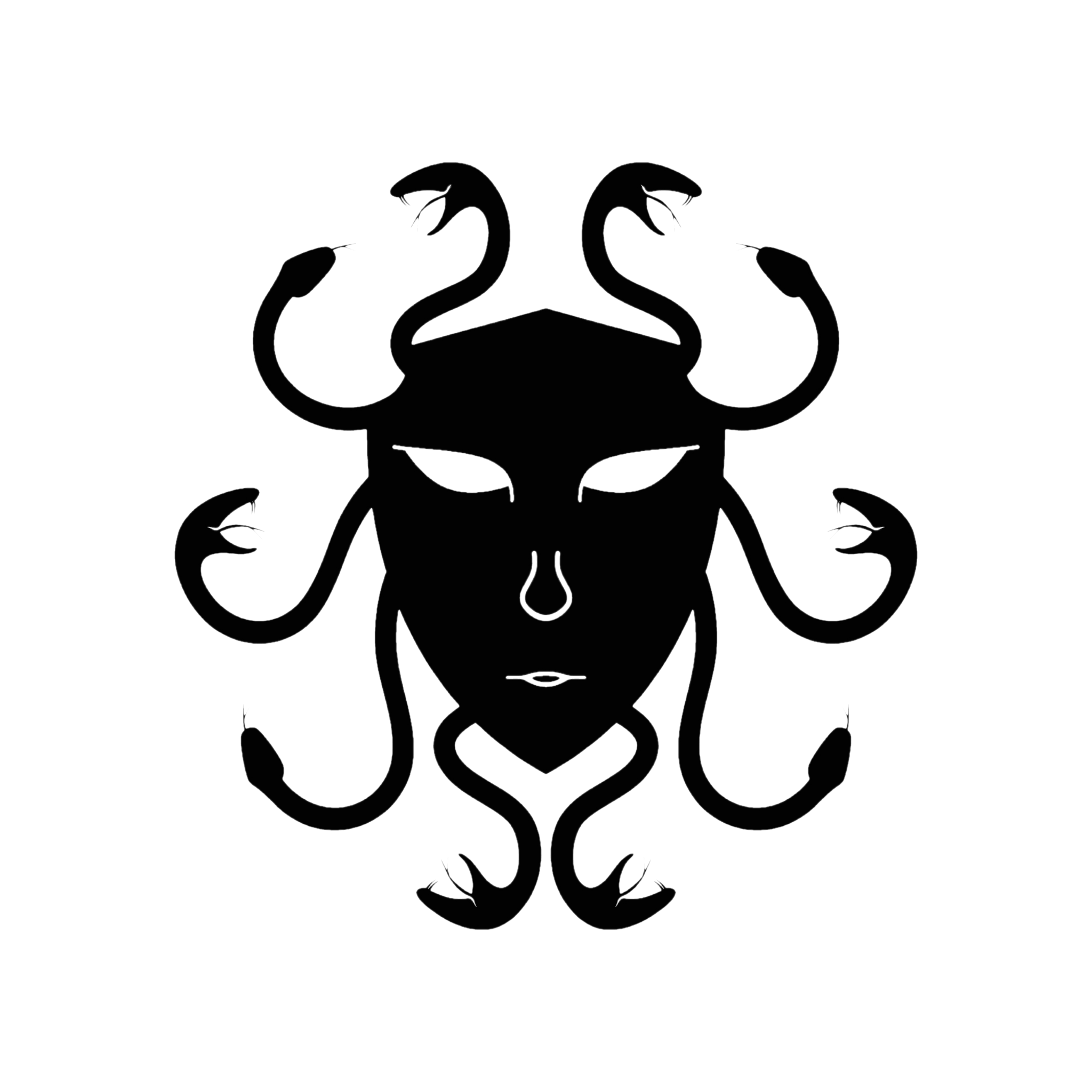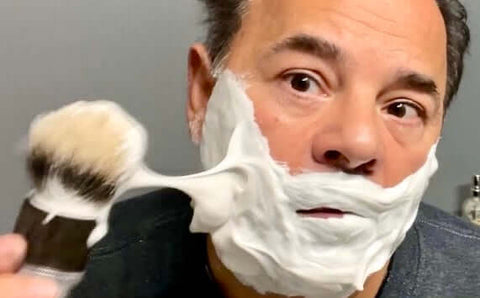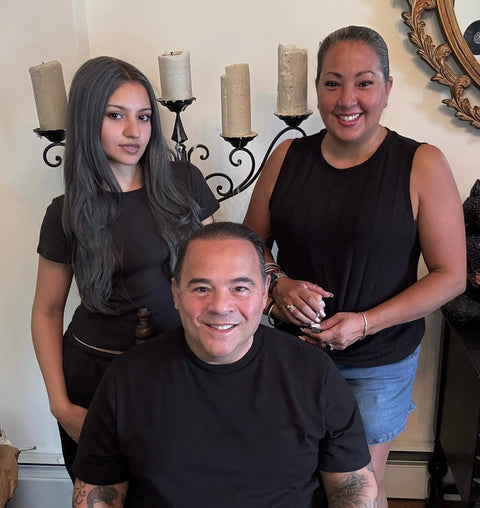
As someone who has spent years exploring the intricate world of fragrance — from mainstream counters at department stores near our home to obscure indie perfumers operating out of small studios in NYC — We've come to deeply appreciate the nuances between designer and niche fragrances. The differences aren’t just about price or exclusivity; they reflect an entire philosophy behind scent creation. Brands like Dior, Chanel, YSL, and Armani dominate the designer fragrance market. These scents are mass-produced, widely available, and often crafted with mass appeal in mind. There’s nothing wrong with that; in fact, many of us have signature designer scents that evoke memories and nostalgia. Pros: Accessible and widely available Typically more affordable Crowd-pleasing, versatile Cons: Less daring or complex Tend to follow market trends Often reformulated to cut costs or meet regulations Designer fragrances are like pop music — polished, enjoyable, and sometimes even brilliant. But for those looking to go deeper, there’s a whole world beyond. Niche Fragrances are both art and scent. The term “niche” has become a bit of a catch-all, but not all niche is created equal. Within this category, we can distinguish at least three main levels:
- True Niche (Established Niche Houses) These are brands that exist solely to make perfume — fragrance is their passion and their product. Think of houses like Creed, Diptyque, Maison Francis Kurkdjian, and Byredo. They don’t produce handbags, fashion lines, or sunglasses. They invest in quality ingredients, bold compositions, and often less conventional marketing. These brands might be more widely available now (even found at department stores), but their DNA is rooted in artistic intention. Pros: Higher quality ingredients, Unique and memorable compositions, Usually created by master perfumers Cons: Increasingly commercialized, Price hikes, and limited transparency
- Indie (Independent Artisan Perfumers) Here’s where it gets exciting. Indie perfumers are typically smaller operations — sometimes one-person brands — crafting scents with a strong point of view. These creators often mix, bottle, and ship everything themselves. There’s raw passion and daring in this world. Ariana & Evans proudly fits into this category. We’re not afraid to break the rules. Our approach has always been unapologetically bold, rooted in storytelling, cultural influences, and a willingness to challenge olfactory conventions. Take something like our Plum & Bliss or Birthday Suit; these aren’t made to fit into a mold. They’re created for those who want something different, unexpected, and visceral. Pros: Artistic freedom Unusual, daring compositions Often stronger storytelling and creativity Passion-driven Cons: Limited distribution, Less brand recognition, Can vary in consistency
- Ultra-Niche (The Avant-Garde Fringe) This is the deepest rabbit hole. Ultra-niche brands are for the hardcore fragrance lovers. These are perfumes made in extremely limited batches, often with rare or experimental materials. They might use animalics, resins, or forgotten raw materials that are polarizing to the average consumer. Names like Bogue Profumo, Strangelove NYC, or St. Clair Scents come to mind. These may not be blind-buy safe to the average consumer. They challenge you. They might even offend you; but they are pure artistry. Pros: Rare, sometimes once-in-a-lifetime compositions Completely unconcerned with trends Push the boundaries of perfumery Cons: Extremely expensive, Often divisive, and challenging Scarce availability.
So Where Does Ariana & Evans Belong?
I’ve always thought of Ariana & Evans as a bridge between indie and niche. We're not bound by tradition or commercial expectations. We’re inspired by so much of the world around us; the elegance of Japanese tea ceremonies, the grit of underground European clubs, to old-school western barbershops. We’re not trying to be everything to everyone and that’s exactly the point. Fragrance should be emotional, personal, and a little rebellious.





